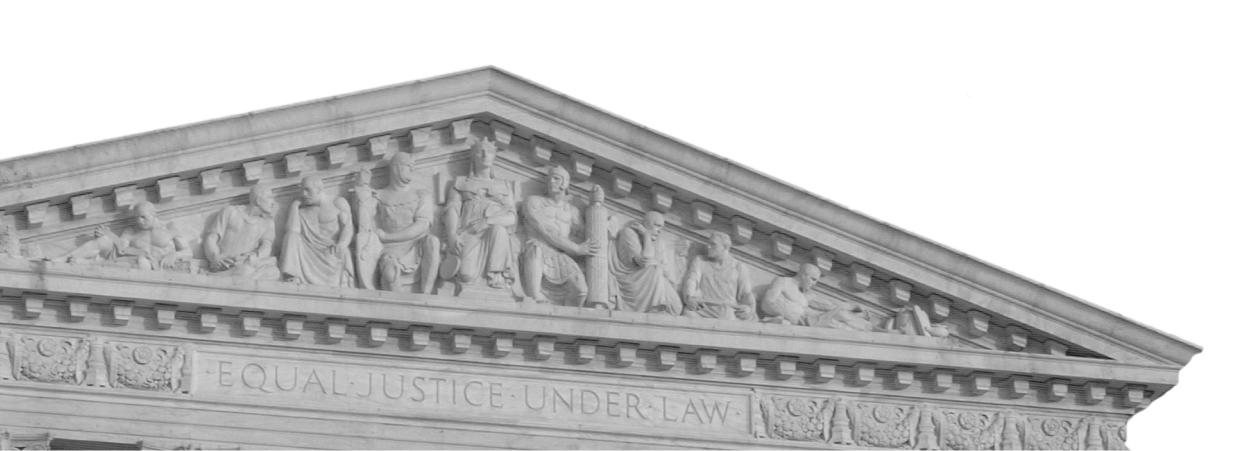Datenblatt
Rechtsstreitigkeiten
Moore gegen Harper
Protecting Free and Fair Elections for All: Moore gegen Harper
In June 2023, the U.S. Supreme Court ruled in our Moore gegen Harper case, described by President Bush-appointed Judge J. Michael Luttig as “the most important case for American democracy.” The court handed voters a major victory, rejecting a dangerous idea that would have destroyed the basic structure of American democracy.
Common Cause’s legal fight helped beat back “the most serious legal threat our democracy has ever faced today.” Lawless lawmakers in North Carolina tried suggesting all state representatives should be able to make election rules without facing the checks and balances of the state courts or governors.
By dismissing the lawless lawmakers idea, the nine justices of the U.S. Supreme Court protected voters from a reckless attempt to restrict and undermine the freedom to vote.
How did things get this far?
Moore gegen Harper came from a fair maps victory we won at the North Carolina State Supreme Court, along with voting rights partners, including the Southern Coalition for Social Justice and Hogan Lovells.
Was ist passiert: After North Carolina state legislators passed gerrymandered maps in 2021, we sued House Speaker Tim Moore. The case went all the way to the North Carolina State Supreme Court, where Moore’s maps were struck down for being partisan gerrymandered.
Rather than draw fair maps, Moore and North Carolina lawmakers took the cause to the U.S. Supreme Court, arguing they should have unlimited power over our voting maps and our elections.
That kind of absolute power for one branch of government would have shattered the checks and balances that serve as underpinnings of American democracy. It would have allowed state legislatures and the political party in power to weaponize elections against the voters.
What was at stake?
If the Lawless Lawmakers Theory had succeeded, it would have allowed state legislators to manipulate our elections for political—and partisan—gain. And, they would have the chance to do so without any checks from state courts or governors.
That would have legalized voter suppression tactics:
- Widespread purges of voters from voting rolls
- Dramatic cuts to popular early voting and vote-by-mail options
- Rigged voting maps that dilute people’s voting power
Mit Ihrer finanziellen Unterstützung können wir etwas bewirken, indem wir Macht zur Rechenschaft ziehen und die Demokratie zu stärken.
Verwandte Ressourcen
Drücken Sie
News-Clip
CNN: Supreme Court urged by DOJ and other parties to sidestep independent state legislature dispute
Neal Katyal, a lawyer for the group, stressed that the court should use the North Carolina case to decide the Independent State Legislature doctrine issue rather than wait until it arises again on an emergency basis “during the 2024 election cycle.”
News-Clip
MSNBC’s “Symone” (VIDEO): Common Cause’s Kathay Feng Discusses the Threat to Democracy Posed by the Supreme Court Case Moore v. Harper

